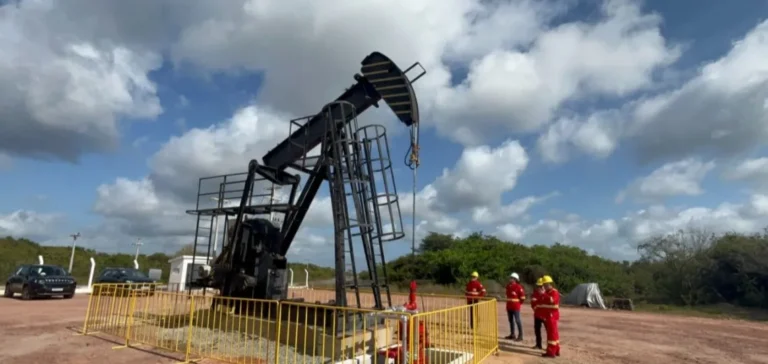Petro-Victory Energy Corp., an oil sector company listed on the TSX Venture Exchange (TSXV), has announced the completion of a short-term loan amounting to $300,000 with 579 Max, Ltd. The loan, issued as an unsecured promissory note, matures on October 13, 2026, and carries an annual interest rate of 14%.
A structure involving a related party
As part of the transaction, the lender received 600,000 warrants allowing the purchase of Petro-Victory common shares at an exercise price of CAD0.70 per share, with the same maturity date. The loan and warrant issuance remain subject to formal approval by the TSX Venture Exchange.
The terms of the loan and the issuance of warrants fall under the regulations concerning “related party transactions” pursuant to Multilateral Instrument 61-101 – Protection of Minority Security Holders in Special Transactions. T. Lynn Bryant, a director of Petro-Victory and a principal of lender 579 Max, Ltd., is identified as a related party under this framework.
Regulatory exemptions and financial justification
The company relied on the exemptions set out in sections 5.5(a) and 5.7(1)(a) of Multilateral Instrument 61-101, thereby avoiding the need for a formal independent valuation or minority shareholder approval. This exemption is justified by Petro-Victory’s market capitalisation, as the transaction’s value does not exceed 25% of its market cap under the relevant regulatory definitions.
Petro-Victory has not disclosed how the borrowed funds will be used, nor have specific repayment conditions been outlined apart from the maturity date. No details were provided on any drawdown schedule or plans to pursue similar short-term financing.






















